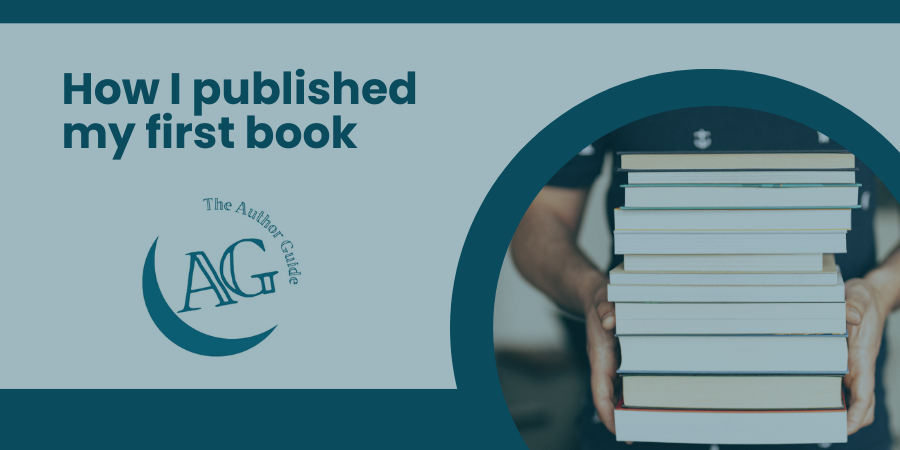
I’ve been editing books for 20 years and writing them for longer. I’ve published books through a traditional publishing house, with a hybrid publisher and lately, with an independent publisher.
Why am I telling you this? Because I made decisions that probably weren’t the best in hindsight. And because many of the authors I edit for, turn out to know very little about the publishing process. I don’t want you to make my mistakes.
When my first book was published in 2002 I knew very little about publishing. I ‘knew’ I needed to get a contract with a publisher and that was the limit of my knowledge as far as options were concerned. I’d been told to expect rejections, before I found a publisher who was interested, so I started to look at publishers who published business books.
I had one advantage – I belonged to a group where many of the members had written and published books and shared a couple of contacts with smaller publishing houses. I got lucky with my second approach and my contract was in my hot little hands!
The publishers were lovely, very encouraging and delighted that I got my manuscript done well ahead of the deadline. I was lucky to find a smaller publisher that were very hands-on, and my journey to getting a published book in my hands was fairly positive.
But there were a few things I didn’t know:
- 7 ½ % of net, on each book sale, is tiny; you’re not going to get rich unless you get a runaway best seller.
- Book publishers are not marketing agencies – they do a bit of promotion, but far less than you’d expect. Selling your book is down to you.
- The lead time from delivering your manuscript to the book being published can be much longer than you expect. I was lucky and publication happened within six months, but with bigger publishing houses it can be anything up to two years, depending on their publishing schedules.
- If you’re writing a book that sits under an imprint (i.e. a series of books around a subject written by different authors), there will be a template to follow – and that can be very specific. Effectively, you’ll have to follow their format – e.g. subheadings every 1500 words, bullet point lists every other page, chapter outline at the front of each chapter, summary at the end of the chapter, etc.
- You may not have much input into the cover design.
- You won’t get any free copies – although you will get to purchase at a reduced special author’s rate.
Today, getting a contract with a publishing house means your first step will be to find yourself a literary agent, as few publishers talk directly to authors.
Why did I choose this route for my first book? Simply because I didn’t know any other way. I thought self-publishing was ‘vanity’ publishing and wouldn’t do my reputation any good – how wrong can you be?! I didn’t know independent publishers existed and had no clue where to start.
Why am I telling you all this? Because, since 2002 I’ve learned a lot! I understand the different kinds of publishing. I know how to launch a book and get sales. I know how to market a book and how to stay relevant. I want to help new authors to make the right decisions for their book, without having to learn the hard way.
